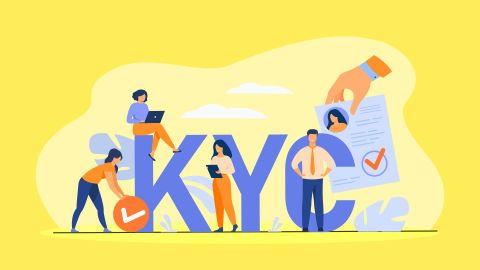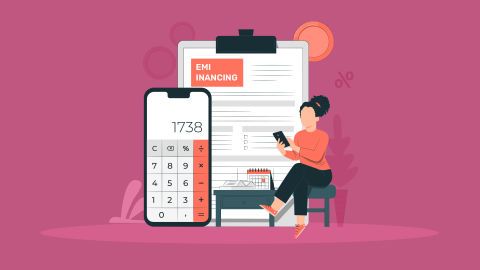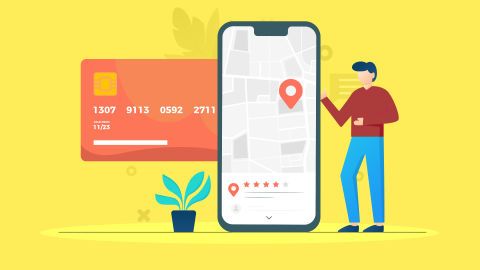Consumers are often presented with multiple payment options to facilitate their purchases in today’s fast-paced world. Two popular methods that have gained significant traction are Buy Now Pay Later (BNPL) and credit cards. Each method has its merits and drawbacks, and understanding the differences between them is crucial to make informed financial decisions. In this article, we will delve into the differences between BNPL and credit cards, and what should you choose.
How is BNPL (Buy Now, Pay Later) different from credit card?
| Factor | BNPL | Credit card |
| Definition | Buy Now Pay Later (BNPL) allows customers to make purchases and pay for them in instalments over a specific period. | A credit card provides a revolving line of credit that users can access to make purchases and repay the outstanding balance each month. |
| Interest charges | BNPL often offers interest-free EMIs for specified durations, enabling users to avoid interest if the amount is paid within the given time. | Credit cards typically involve interest charges on unpaid balances if the total amount is not cleared within the grace period. |
| Credit check | BNPL providers may not require a traditional credit check for approval, making it accessible to individuals with limited or no credit history. | Credit card issuers usually perform a credit check to assess the applicant's creditworthiness before approval. |
| Repayment flexibility | BNPL transactions are treated as separate instalment plans, making it easy to budget and manage payments for specific purchases. | Credit cards offer flexibility as users can choose to pay the minimum amount due or the full balance each month, making it suitable for both short-term and long-term financing. |
| Usability | BNPL services are often designed for specific partner merchants or platforms, limiting their use to select outlets. | Credit cards are widely accepted, allowing users to make purchases online and in physical stores globally. |
| Eligibility criteria | Generally easier approval, which is often based on soft checks. | Credit card eligibility criteria vary by provider and card type. |
| Credit limit | It is usually a lower or a capped amount. | The credit limit is higher and it usually depends on your creditworthiness. |
| Joining fee | Typically, there is little to no joining fee. |
The fee usually varies and may include an annual fee as well. |
| Easy EMI | Offers flexible repayment plans with minimal interest. | Allows conversion of purchases into EMI with interest charges. |
The Buy Now Pay Later (BNPL) concept, exemplified by the Bajaj Finserv Insta EMI Card, offers an attractive alternative to traditional credit cards. BNPL allows consumers to make purchases and spread the cost over a specified period, often with interest-free options for a limited duration. Unlike credit cards, BNPL services may not require a credit check, making them accessible to a broader audience. Moreover, BNPL transactions are treated as separate instalment plans, making it easier to budget for specific purchases. On the other hand, credit cards provide more flexible credit access, with the ability to carry over balances and use them for various transactions both online and offline.
If you are looking for a flexible financing solution that combines the benefits of both BNPL and credit cards, the Bajaj Finserv Insta EMI Card offers an excellent middle ground with pre-qualified card loan limits and easy EMI options. Check your offer for the Bajaj Finserv Insta EMI Card today. You may already be eligible, find out by entering your mobile number and OTP.






